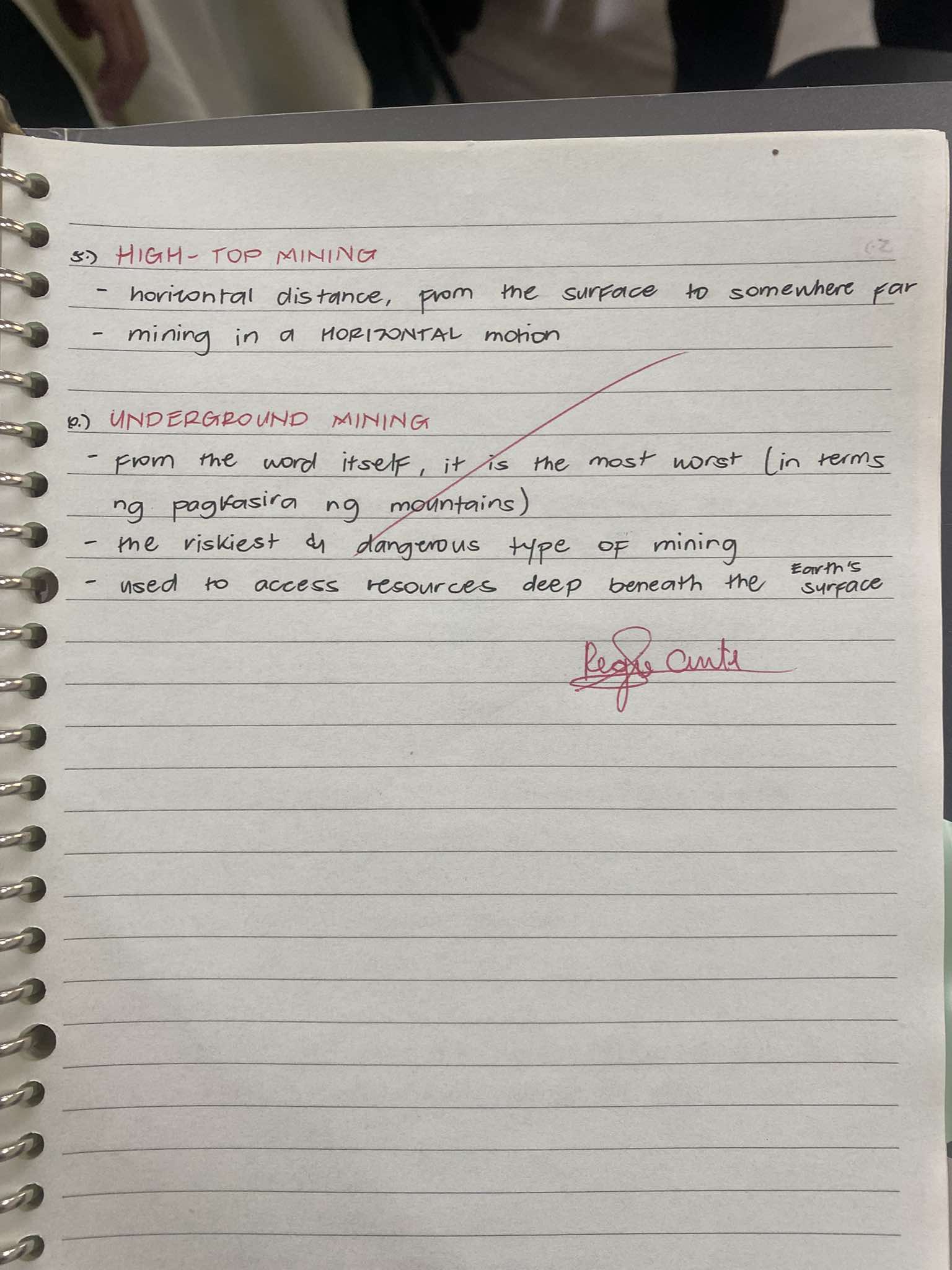What are high-top mining and underground mining, and what are the differences between them?

Understand the Problem
The question is providing definitions and descriptions of high-top mining and underground mining, focusing on their methods and risks associated with them.
Answer
High-top mining is horizontal surface mining; underground mining accesses deep resources via vertical shafts.
High-top mining is a method that involves horizontal mining from the surface, while underground mining is used to access resources deep within the Earth's crust, often through vertical shafts. Underground mining is generally riskier and more expensive than high-top mining.
Answer for screen readers
High-top mining is a method that involves horizontal mining from the surface, while underground mining is used to access resources deep within the Earth's crust, often through vertical shafts. Underground mining is generally riskier and more expensive than high-top mining.
More Information
The distinction largely lies in the direction and depth of the mining operations, with high-top mining being less invasive and often involving less preparation than underground mining.
Tips
It's important not to confuse horizontal surface mining (high-top) with methods like mountaintop removal or open pit mining, as they involve different environmental impacts.
Sources
- Underground Mining vs. Surface Mining, What Are Their Differences - fuchenglhd.com
- Different Types of Mining - American Mine Services - americanmineservices.com
- Underground Mining Guide - The Assay - theassay.com
AI-generated content may contain errors. Please verify critical information